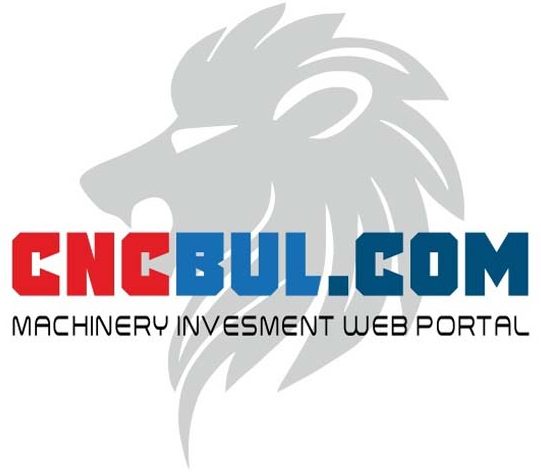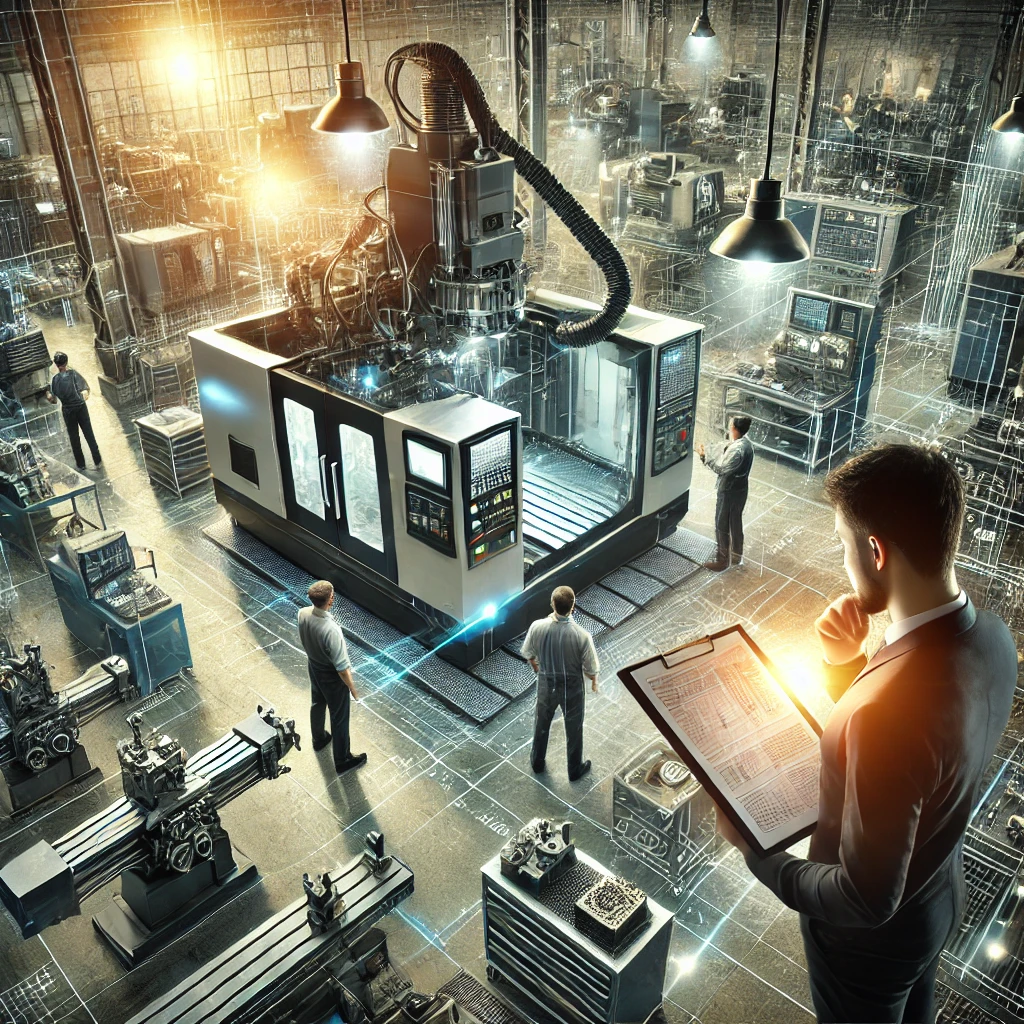Selecting the Right Used CNC Machine: A Comprehensive Guide
Investing in a used CNC machine can be a cost-effective way to enhance your manufacturing capabilities. However, choosing the right machine requires careful consideration to ensure it aligns with your production needs and budget. This comprehensive guide will walk you through the key factors to consider when selecting a used CNC machine, helping you make an informed decision that maximizes your return on investment.
- Define Your Requirements:
Before embarking on your search, clearly define your production requirements. Consider the materials you’ll be working with, the size and complexity of your projects, and the desired production volume. This will help you narrow down your options and focus on machines that meet your specific needs.
- Research Different Types of CNC Machines:
Familiarize yourself with the different types of CNC machines available, including milling machines, lathes, routers, and plasma cutters. Each type has its own strengths and applications. Understand the capabilities and limitations of each type to make an informed choice based on your intended use.
- Set a Budget:
Determine your budget and stick to it. Used CNC machines can vary significantly in price depending on their age, condition, features, and brand. Set a realistic budget that aligns with your financial capabilities and allows room for additional expenses such as installation, maintenance, and tooling.
- Inspect the Machine Thoroughly:
When considering a used CNC machine, conduct a thorough inspection to assess its condition. Look for signs of wear and tear, damage, or excessive rust. Check the machine’s axes for smooth movement and accuracy. If possible, request a demonstration or test run to evaluate its functionality.
- Evaluate the Control System:
The control system is the brain of the CNC machine. Inspect the control panel for any damage or missing components. Ensure that the software is up-to-date and compatible with your intended use. Consider the availability of technical support and spare parts for the control system.
- Check Maintenance Records:
Request maintenance records from the seller to gain insight into the machine’s history and upkeep. Regular maintenance is crucial for ensuring the longevity and reliability of a used CNC machine. Well-maintained machines are more likely to perform optimally and require fewer repairs.
- Consider the Brand and Reputation:
Research the brand and reputation of the CNC machine you’re considering. Look for manufacturers known for their reliability, durability, and customer support. Established brands often offer better access to spare parts and technical assistance.
- Factor in Installation and Shipping Costs:
In addition to the purchase price, factor in the costs associated with installation and shipping. Depending on the size and weight of the machine, these costs can vary significantly. Ensure that you have the necessary resources and infrastructure to accommodate the machine’s installation and transportation.
Conclusion:
Selecting the right used CNC machine requires careful planning and consideration of various factors. By defining your requirements, researching different types of machines, setting a budget, inspecting the machine thoroughly, evaluating the control system, checking maintenance records, considering the brand and reputation, and factoring in installation and shipping costs, you can make an informed decision that aligns with your production needs and budget. Investing in a suitable used CNC machine can significantly enhance your manufacturing capabilities and drive your business towards success.


